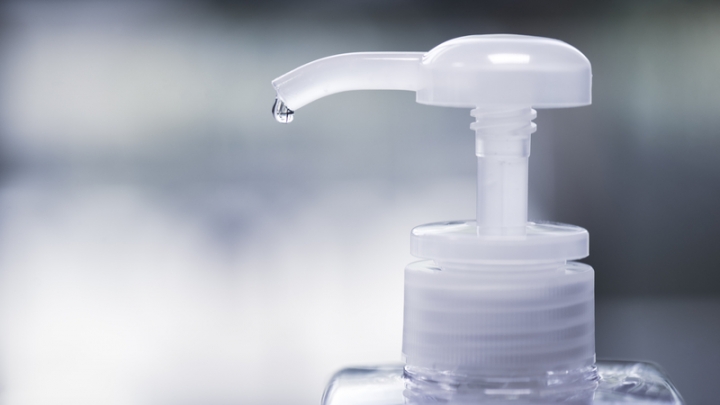(RxWiki News) The US Food and Drug Administration (FDA) continues to find issues with certain hand sanitizer products.
Last June, the FDA warned consumers about the possible dangers related to hand sanitizer products manufactured by Eskbiochem SA de CV in Mexico.
The issue? These hand sanitizers may contain methanol, or wood alcohol, which is a substance often used to create fuel and antifreeze.
Methanol is not an acceptable ingredient for hand sanitizers. In fact, methanol can be toxic — especially when absorbed through the skin or ingested.
Now, the FDA is reiterating its warning about hand sanitizers containing methanol.
Earlier this month, the FDA reported an increasing number of adverse events tied to hand sanitizers with methanol, such as blindness and effects on the heart and central nervous system. Some of these events led to hospitalizations.
In high amounts, methanol exposure can lead to nausea, vomiting, headache and blurred vision. It can also lead to permanent blindness, seizures, coma and permanent damage to the nervous system.
Young children face an even higher risk because they may accidentally ingest these products.
Furthermore, the FDA said it was finding hand sanitizers that are "subpotent," meaning they have low levels of ethyl alcohol and isopropyl alcohol.
The FDA continued to add to the list of hand sanitizers not to use. As of publication time, there were 101 entries on the list.
The agency strongly encouraged consumers to frequently wash their hands with soap and water for at least 20 seconds. It’s especially important to wash:
- Before eating or preparing food
- Before touching your face
- After using the restroom
- After leaving a public place
- After touching your mask
The Centers for Disease Control and Prevention (CDC) recommended using an alcohol-based hand sanitizer that contains at least 60 percent ethanol if soap and water are not available.
The FDA also issued warnings about hand sanitizers:
- That claim they can prevent the spread of COVID-19 (Some hand sanitizers have claimed to provide protection for extended periods of time, such as for 24 hours.)
- That are fraudulently marketed as “FDA-approved” (Currently, no hand sanitizers are approved by the FDA.)
- That contain harmful or poisonous ingredients, such as methanol
The FDA strongly advised against using hand sanitizer products that:
- Have been tested by the FDA and were found to contain methanol
- Have been labeled to contain methanol
- Have been recalled by the manufacturer or distributor
- Do not contain enough ethyl alcohol or isopropyl alcohol
- Are made at the same facility as products that have been tested by the FDA and found to contain methanol




